Intellectual Property in Web Development: How to Protect Your Work
Every single one of us has ideas and some ideas are worth exploiting more than others in order to make money – that’s how business works. We don’t want other people to use these ideas, which is obvious, but ideas can’t be protected as such – only expressions of ideas can be protected. In this article, we’ll talk about intellectual property in web development and give you tips on how to protect it.
Different kinds of ideas have different ways of being protected, depending on the way that the idea is expressed. This output and its protection are known as intellectual property. This is a collective term that we use to describe a number of different assets, such as trademarks, copyright, design rights, and patents. Whilst these assets are intangible, they are highly valuable and often come with legal protection.

When it comes to intellectual property in web development, there are a number of rights that exist within your website. For example, any branding or logos used are highly likely to be protected by the registered trademark rights. It’s easy to believe that once you’ve purchased your domain name, produced all of your website content, and published your website only, then the rights solely belong to you. However, this often isn’t the case.
There are many different components to creating a website. So, when it comes to intellectual property in web development, knowing how to protect your work is vital. There are lots of different components that make up a website. They include coding, design, text and images, and the domain name. Probably, you have created some of this yourself. However, other components may have been designed by others. So, depending on the website component in question, you may find that your website has several intellectual property rights.
What Is Intellectual Property?
Intellectual property refers to something unique which another person has created. Intellectual property helps the owners of said intellectual property assert their legal rights over their creations to stop other people from stealing or copying them. Undoubtedly, intellectual property in web development is hugely important. In fact, it refers to every single website, whether it be the text which appears on the individual web pages, the coding on the backend which determines the way a website appears for a user, or even the color of the font. If its creation is uniquely for the purpose of the website, company, or branding, then this is intellectual property.

There are multiple different categories when it comes to intellectual property. Thus, it is important to know who owns what component in order to settle any potential dispute. Intellectual property disputes can be costly and hugely damaging. So, it is best to avoid them at all costs.
Intellectual Property in Web Development
When it comes to intellectual property in web development, this can often be more difficult to monitor. Typically, web development implies the work by a specialist team or an individual. This person or team should have the right set of skills to make your website look and run just as you want it to. Often, a web developer will be responsible for how your website runs. Moreover, web developers will do a lot of work behind the scenes. Mainly, they will deal with implementing code and correctly formatting pages, for example, to ensure everything is working as it should be. This is why intellectual property in web development can be harder to police, as it can be quite personal.
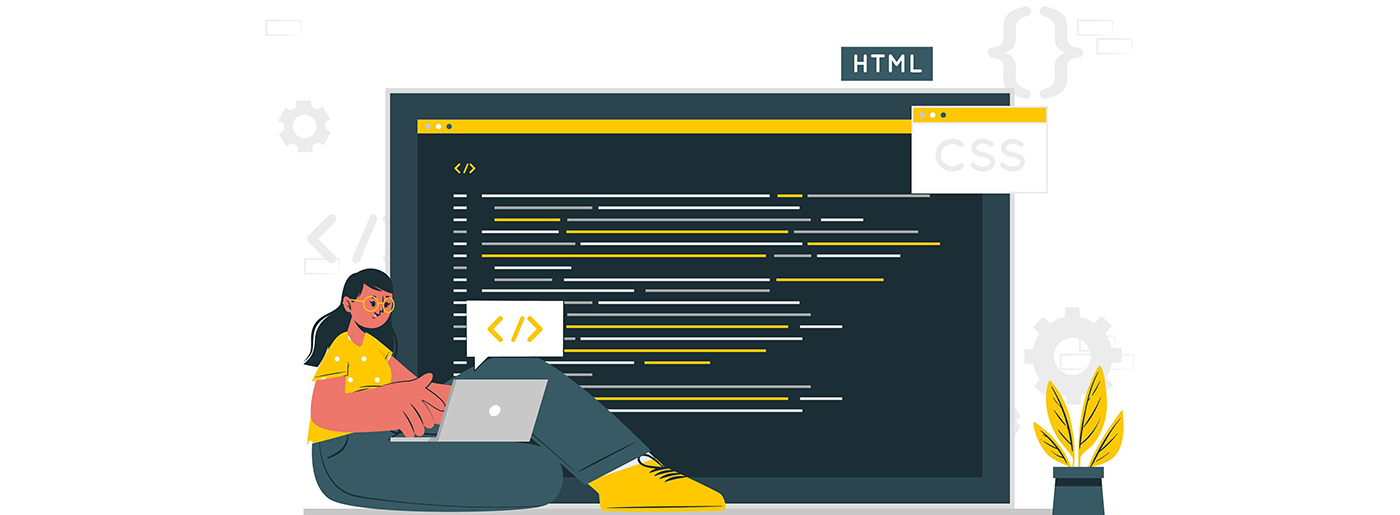
However, it is also why you should always create a contract that outlines the aims of the work and which is signed by both parties. You want to make sure that the majority of your website is unique. Here are some examples of web development work that you can protect. Furthermore, there are some examples which you should be aware of in case of any future issues.
Hypertext Links and Intellectual Property in Web Development
A hypertext link is one that connects one website to another. It still isn’t clear as to whether linking one website to another is an infringement of copyright for the linked website. However, it is possible that anyone whose website does include links will be responsible for any page it contains links to.
Probably, the link is indirect and the path includes passing through another website. Still, you should ensure that if your web developer does want to include a hypertext link to another website, then you have permission to do so. If your website has been developed by another party, then your web development agreement should clearly clarify as to whether or not links can be added by a web developer. This is a risk which you will become liable for if your web developer has done something without your prior knowledge.
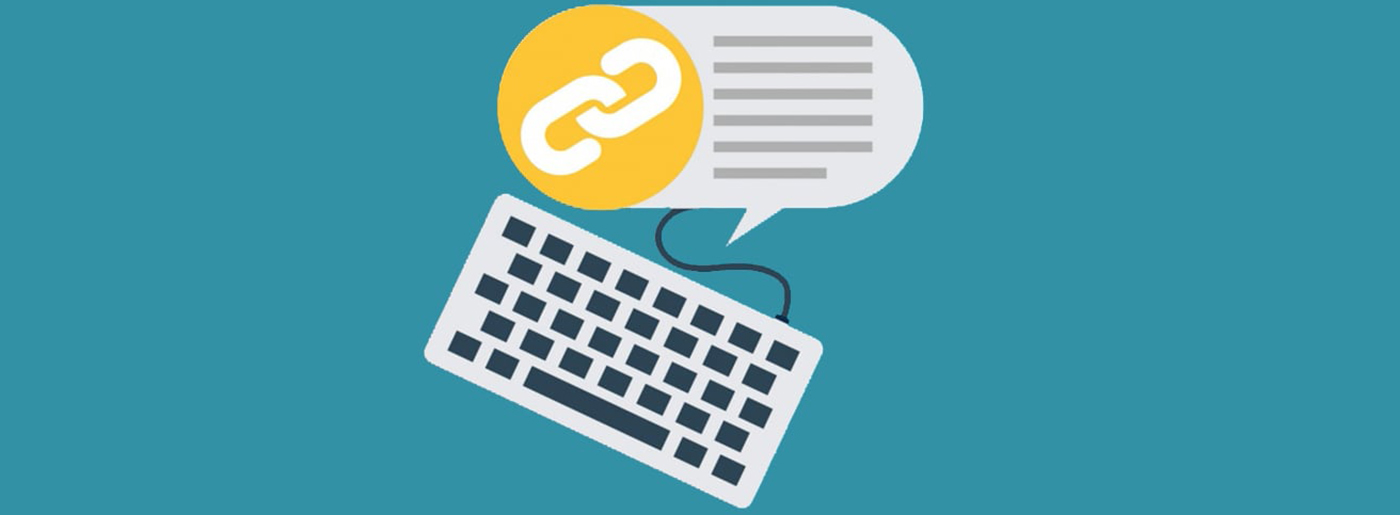
Framing
Framing is a web development technique that allows a website to be shown within a smaller window on another website. It is feasible that, if someone was to frame a website without obtaining content from the website owner, then that person is liable for copyright infringement when they publish the work. It is always best to get permission from the website owner of the other website first.
Software Distribution
More often than not, software that is sold on a website is on a “try before you buy basis”. However, this means that it is relatively easy for people to download this software and distribute it. Interestingly, there is yet to be a case based in the UK for this. However, if it was to do so, then the UK course would follow the decision of the Australian High Court. The latter decreed that distributing and downloading software from the internet without the proper permissions constitutes copyright infringement. When it comes to downloading, the software is often provided with a license. It means that if distributed, it will likely breach the licensing terms.
Protecting Your Domain Name
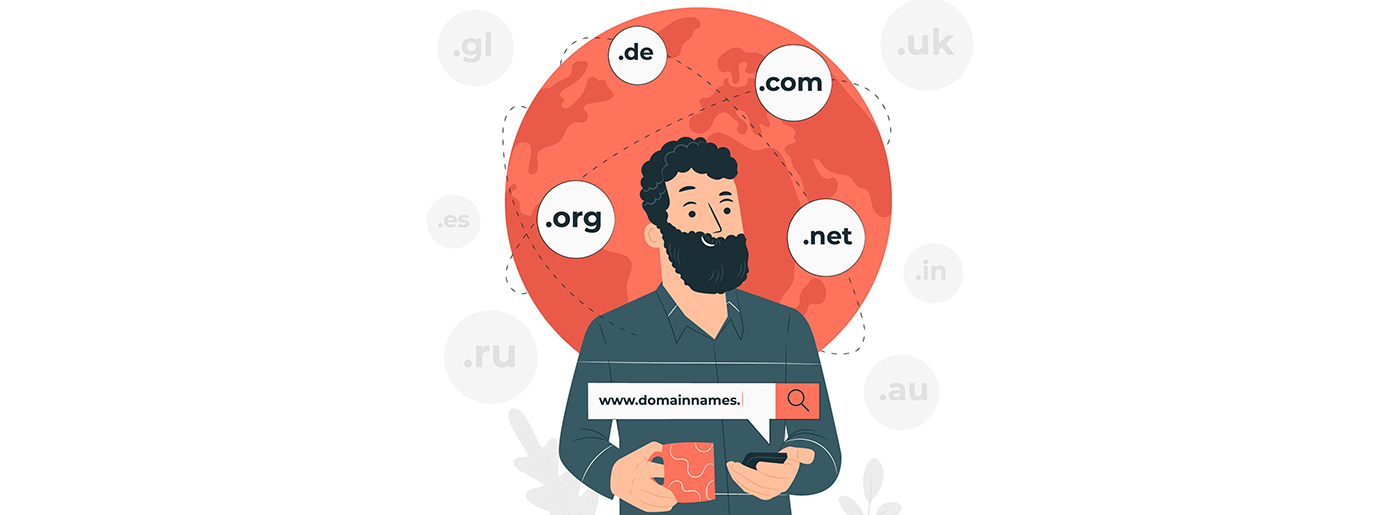
If they meet the right criteria, then you should register your company name, domain name, and logo as trademarks. There are some benefits to registering these trademarks. Particularly, other companies and businesses will be legally prevented from using similar or even the same straplines, names, logos, or slogans. This is hugely important, as these trademarks are often seen as a badge of authority. Thus, it suggests that your brand is one that is established and trusted. By registering your trademarks, you are also making sure that your business name and its reputation are legally protected against your competitors, who may try to imitate you. If you are not familiarized with all the legal steps you need to take to protect your brand you should definitely consult a trademark attorney.
What About Internet Patents and Intellectual Property in Web Development?
In Europe, the software is protected by copyright rather than by patents. But, it is arguable that, providing the software is new, can be used for industrial application, has a technical effect, or involves the use of an inventive step, that it may be eligible to qualify for patent protection. Although intellectual property in web development doesn’t always include internet patents, it’s best to be aware of them.
In a past case involving IBM, the European Patent Office garnered that the software held on diskettes qualifies as patentable, providing that the software has a technical effect when it is run. The software will typically have a technical effect if it affects the way in which hardware operates or the way in which data is processed, or if it leads to a technical difference in the way that current systems work.
The US Patent Office tends to be more lenient than the patent offices in Europe when it comes to finding a conclusion over what is or isn’t patentable. The US office provides patents for both business methods and software. Amazon.com has previously been granted a patent to protect its “1-Click” technology and method. A US court has also granted an injunction that lies in Amazon’s favor to prevent any infringement of its patent.
Don’t Ask Your Developer for Legal Advice
As amazing as your web developer is, in order to fully protect your work you must never rely on another source other than an expert advisor to provide you with legal advice. A web developer may know everything there is to know about coding and programming. Nevertheless, when it comes to intellectual property in web development, they may be completely in the dark. You shouldn’t expect your web developer to provide you with legal advice. Web developers shouldn’t consult you on the rights and responsibilities involved in the process, either.
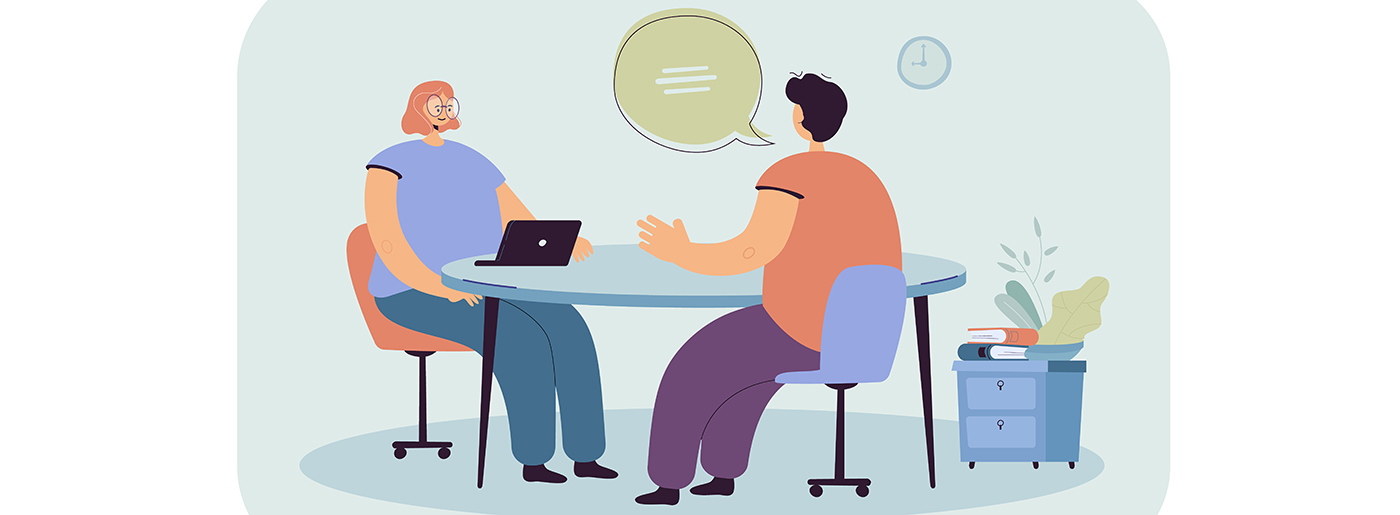
When it comes to protecting and preserving your intellectual property, stick to your legal advisor. They will know what is best and give advice on website legal requirements. Before you get carried away with copyrights and patents on your website, there are many parts of website programs that can’t be copyrighted at all. For instance, typography can’t be copyrighted. Also, there are many images and colors that web designers use which are also not copyrightable.
Whilst you may hope to own every single pixel of your website, sometimes it just isn’t realistic. Depending on how your web developer works, your final design may not even be considered an original piece of work. This is especially true if it contains multiple pieces from here and there. And this is where legal advisors come in.
But What About My Website Design?
The parts that you own of your website and what you have the rights to may be different. They will all be dependent on what you and your web developer agreed on in your initial contract. It is important that you regularly review the terms and conditions laid out within the said contract. Particularly, if you are using an agency, pay careful attention to the property clauses.

A bespoke website that has a visual design should, in an ideal world, be yours if you have commissioned it. However, this may not always be the case. If your website is an adaptation of a template or pre-existing layout, then, unfortunately, this may not be true. For instance, you create or build your website on a content management system (CMS). Then, you won’t be entitled to any of the rights within the platform on which you build your site. There are many issues that surround intellectual property in web development. However, these are often harder to argue if your website is bespoke.
Things to Consider Regarding Website Design and Intellectual Property in Web Development
You want to ensure that any web developer you hire is able to work with you in an artistic and business-focused sense. Ideally, a web developer should be able to identify the differences between the needs of an eCommerce website vs. a chartered surveyor website. Maybe, your web developer can only create very similar and simplistic web designs. Then, they may not be the right fit for you or your company.
Similarly, you also won’t own the server on which your website is hosted. You need to give careful thoughts towards the ownership of your intellectual property rights within the data, content, and coding of your website.
Intellectual property disputes often occur when a web developer delays the provision of a new or updated website. Also, there are issues where the website created does not meet customer expectations. Similarly, disputes may happen if the customer wants to move the website to another web developer. In these circumstances, customers often don’t pay. Then, the developer will refuse to provide the website source codes or take control of the given domain name. This results in a costly and time-consuming deadlock.
Intellectual Property in Web Development – What Your Contract Should Cover
All too often when intellectual property disputes arise, it is due to the website specifications being poorly defined within the contract. Sometimes this is due to inadequate communication between the web developer and client, but could also be down to lack of instruction or creative differences.

Within your contract, you should include:
- An outline of what you expect from your web developer and the work they will produce, along with specifications
- Set timescales as to when this work should happen and define the point of which the site will be accepted by you
- Set out arrangements for ownership of source code
- Clearly clarify as to who will own the resulting intellectual property rights
- Explain what should happen if the contract is terminated
- And set out what should happen in the case of a dispute
You may also want to include technical support, hosting and maintenance guidelines, and expectations within your contract. However, this will depend on what you want from your web developer both before, during, and after the website has been created.
MotoCMS Solution for You
By purchasing the MotoCMS template($9.9/month) you won’t have problems with a web developer considering the intellectual property. Thus, there is no need for a contract or extra expenses(we both know how expensive a unique design can be). You just choose the template that fits your business needs and customize it simply by adding your text and visuals. If necessary, you can edit it by adding blocks and various widgets just like in a constructor. Moreover, if you have some coding skills, you can incorporate code and get any web design element you want.




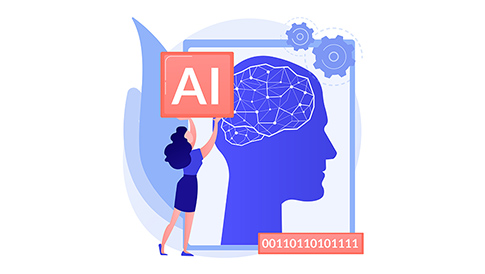

Thanks so much for sharing these excellent blogs. These are very helpful.
Very handful of websites that come about to be in depth below, from our point of view are undoubtedly nicely really worth checking out.